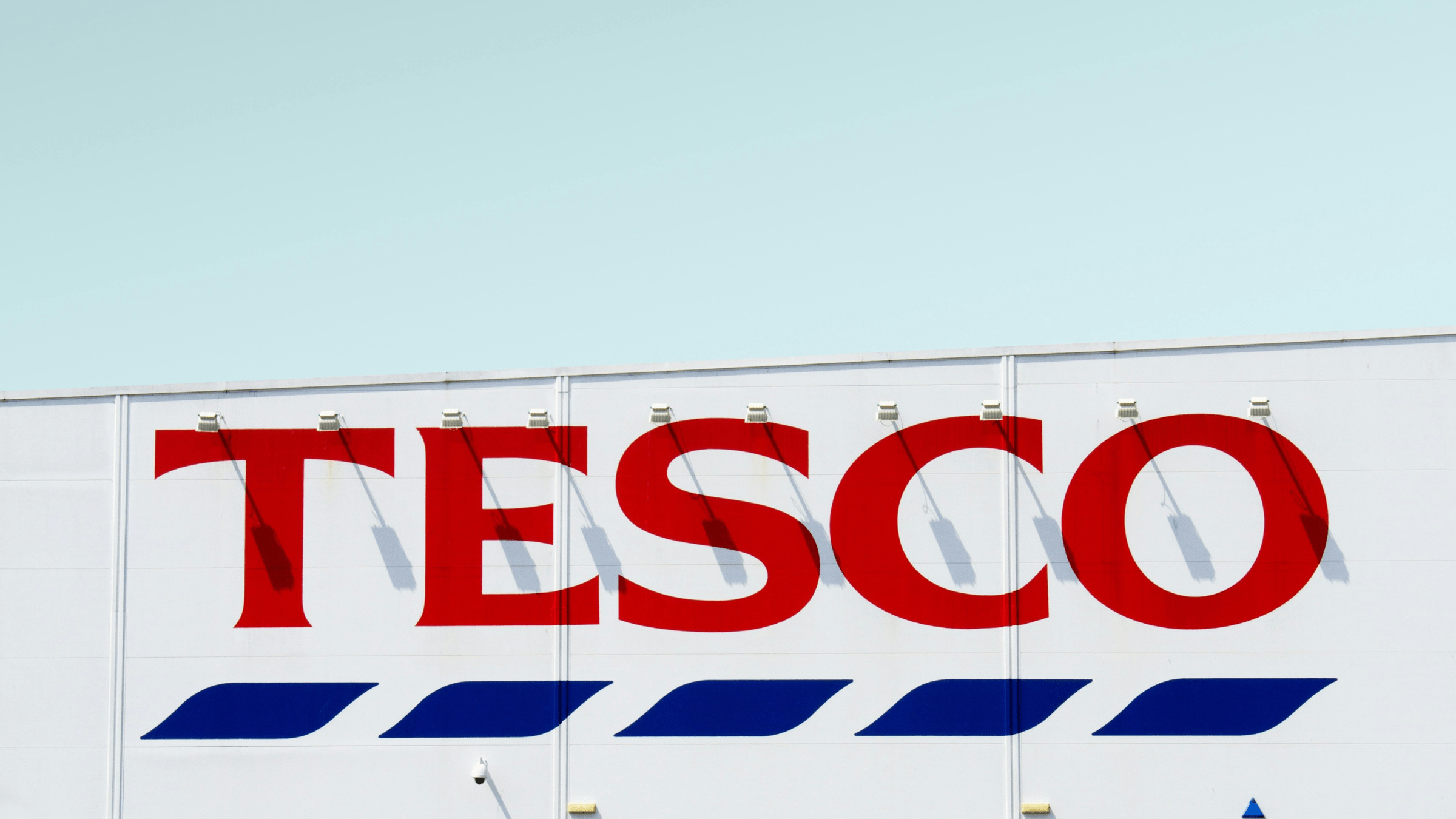2024 started with 98% of TUI shareholders voting to leave the London Stock Exchange in favour of a dual listing in Hanover and Frankfurt. The company, Europe’s largest travel operator (and a former member of the FTSE 100), argued that delisting from London would reduce costs, help the company meet its EU airline ownership obligations, and increase liquidity of shares.
Sadly, however, TUI has not been a sole actor here. Over the past few years, we’ve seen a wave of corporate heavyweights leave the British stock market, either to list in other markets, or to be taken private.
Alongside TUI, for example, there has been Flutter. The betting and gaming giant has confirmed that it will formally leave the FTSE in May and list its shares in the “optimal location” of New York. In December, Ten Entertainment exited the London Stock Exchange after accepting a $300m offer from Trive Capital, and two months before that, restaurant giant TRG agreed to a take-private deal with Apollo. In 2022, two transport heavyweights – Stagecoach and Go-Ahead Group – left the London market, and in 2019, Merlin Entertainment agreed to a $7.5bn take-private deal led by Blackstone.
With TUI and Flutter about to exit, MBS research shows the number of consumer-sector constituents of the FTSE 350 will soon be 55, down from 64 in 2019. As a nation in many ways founded and defined by international trade and commerce, the absence of consumer-listed businesses is perhaps felt more acutely in the UK. As Daniel Defore aptly put it the 1700s: “Commerce has raised them from what they were, to what they are; and may, if cultivated and improved, raise them yet farther to what they never were”.
However, this trend is just as prevalent outside the consumer-facing sector – and it’s not over yet: the heating and plumbing firm Ferguson, building materials group CRH, and drugmaker Indivior have all left or are in the process of leaving a FTSE listing, and broker AJ Bell has suggested that companies with a combined value of £230bn could exit London, including oil giant Shell and educational publisher Pearson. Perhaps even more worrying is that businesses like ARM – the Cambridge-founded semiconductor design company which was once a near certainty for a London IPO – has chosen to list on NASDAQ instead of the FTSE, giving New York one of its biggest share listings of the year, achieving a $65bn valuation when they debuted on their stock exchange. In the coming months, UK listed Unilever will decide where to list their £15bn Ice Cream business – whether they list this demerged business in London, New York or Amsterdam is as yet undecided.

So, what is driving this shift away from the London Stock Exchange for consumer businesses?
In some cases, the change in listing feels logical – and simply reflects the geographic shift of a company’s business operations and customer base. TUI, for example, whilst it has strong roots in the UK (it was formed out of a merger of UK listed First Choice Holidays) is today headquartered in Germany, with more than 75% of its shares already traded on the German market. Similarly, Flutter’s decision to list in New York can be attributed to its 2020 acquisition of US peer FanDuel, which shifted its corporate priorities towards North America. “We believe a US primary listing is the natural home for Flutter,” said CEO Peter Jackson in a statement at the beginning of this year, “given FanDuel’s #1 position in the US, a market which we expect to contribute the largest proportion of profits in the near future”. This is a trend we have been seeing for decades – jewellery company Signet (owner of the H Samuel and Ernest Jones brands), for example, moved their listing to NYC in 2008 to reflect the increasing US focus of their business.
However, while it can make business sense to align the location of your primary listing with your source of growth, it’s certainly not a prerequisite – after all, we’re not seeing companies announce moves to the Shanghai or Shenzen stock exchanges, despite the APAC region becoming the core driver of growth for many consumer goods and services businesses.
It feels as thought there are five interlinked factors driving this trend away from the UK.
Firstly, it’s impossible not to ignore the impact of Brexit, which has left global capital wary about investing in the UK. Hermann Hauser, the co-founder of ARM described “Brexit idiocy” as being a key part of the company’s decision to list in the US as opposed to their UK home market.
Secondly, retail investors have been pulling money out of the FTSE in general – and not just consumer stocks. At the end of 2023, private UK investors had withdrawn the highest amount in two decades from London-listed equities, spurred on by the cost-of-living crisis, higher mortgage rates, post Brexit-uncertainty, and the poor performance of UK stocks. Other markets now simply have better pools of capital and liquidity.
This has led to listed businesses in London feeling significantly undervalued versus their peers on other exchanges – despite, in many cases, strong financial performance of the underlying company. This is a trend that has only become more exacerbated since Covid. Research by The MBS Group this week found that 67% of consumer companies in the FTSE 350 have a lower share price today than they did pre-Covid (compared to 62% in December 2023). And, 27% of consumer companies have a lower share price today than they did one-month into the global lockdown – which feels ludicrous when considering that most consumer businesses were, in the main, not fully operational at that point!
At the moment, there feels a risk that the UK will be seen as a place to pick up cheap stocks, rather than a destination for long-term investments. Possibly, we can expect a wave to of further “take private” activity in the coming period?
Thirdly, many UK consumer listed businesses have become increasingly domestically-focused in recent years – and global fund managers will often shy away from investing in single-territory businesses, preferring to allocate their capital to more globally diversified businesses. In retail, take Tesco for example, which in 2010 derived more than a third of its revenue from outside of the UK. Today, more than 90% of the grocer’s revenue comes from its core domestic market. Tesco is not alone here – many UK retailers for example have closed, or sold, their international businesses over the last decade.

If you look at some of the key global consumer investment funds, UK assets now feel conspicuous by their absence. For example, BlackRock’s $17bn Future Consumer Fund has UK businesses as just 7.38% of its portfolio (compared with the US, which makes up 53.39%). Likewise, in the Invesco’s $2.5bn Global Consumer Trends Fund, UK equities are almost entirely absent.
“BlackRock’s $17bn Future Consumer Fund has UK businesses as just 7.38% of its portfolio. Likewise, in the Invesco’s $2.5bn Global Consumer Trends Fund, UK equities are almost entirely absent.”
As part of this vicious circle, compounding these challenges is the relatively sparse analyst coverage of UK consumer businesses outside the FTSE 100 index. As London-listed consumer businesses become increasingly UK-centric in their revenue, they become less attractive to global capital markets. As businesses become less attractive to global investors, there are fewer analysts covering them, which in turn makes it harder for institutional investors to enter the UK. With fewer analysts scrutinising and providing research on consumer companies, businesses are struggling to attract the investor attention and understanding they need to thrive as public entities – particularly on the global stage.
Fourthly, some companies are finding the UK’s corporate governance landscape increasingly onerous. For smaller businesses in particular, listing on the AIM or FTSE Small Cap has simply become too expensive and complex. For larger companies in the FTSE 350, many CEOs have commented to me that an ever-increasing focus on governance and risk is taking critical time and headspace away from strategy and commercial leadership.
Lastly, sentiment on executive pay is starting to impact on the ability of London-listed companies to attract and retain talent on the global stage. According to the High Pay Centre thinktank, FTSE 100 CEOs were paid an average of £4.4m in 2022, while their counterparts at S&P 500 companies were paid three times as much – £11.2m – according to research from management consultants FW Cook. As David Schwimmer, CEO at the London Stock Exchange Group, put last month: “If London has an ambition to be a globally leading financial centre and to attract world-class companies, that means it has to attract world-class talent”. From our discussions with Remco chairs in the last period, it’s clear that this will become an increasing issue for UK listed businesses – with their international counterparts simply able to pay more for the very best talent.
A perfect storm could well be brewing for “brand UK” as a home for listed consumer companies: depressed share prices, smaller critical mass of listed peers – and an inability to attract and retain the best talent.
“A perfect storm could well be brewing for “brand UK” as a home for listed consumer companies.”
Over the long term, the ramifications are extremely serious – and extend well beyond the listed markets. For instance, a FTSE IPO was often the ultimate exit route for consumer private equity backed assets with a UK focus. Looking at a number of consumer assets which listed in the UK around a decade ago, their share price today is not dissimilar to their listing price. Given the poor value creation track-record of many UK consumer stocks since listing, I wonder if a UK IPO is no longer seen as a possible exit scenario. Will private equity funds look to deploy capital in UK consumer assets in the first place?
Of course, many of these issues aren’t limited to just consumer shares – and other stock exchanges are definitely not panaceas for a consumer listing. However, consumer industries – once the heartland of the FTSE – feel to be being impacted particularly acutely by these converging market trends.
Our consumer sectors in the UK boast some of the most impressive and creative business minds in the world. Hopefully, this is the time for them to come together – with the support of the UK Government – to collectively address some of this negative traction. Possibly our excellent consumer trade bodies – who help lead the change-agenda for our sectors so skillfully on other issues – have a greater role to play here? Failure to act collectively, boldly and quickly may well endanger the UK’s place on the global consumer stage.
elliott.goldestein@thembsgroup.co.uk | katya.higham-stoianova@thembsgroup.co.uk | @TheMBSGroup









